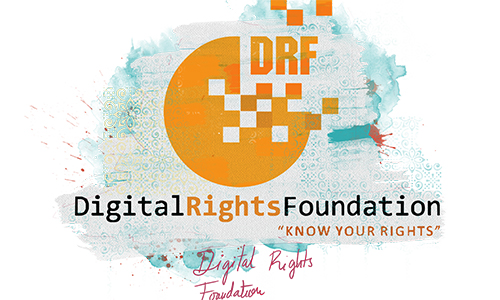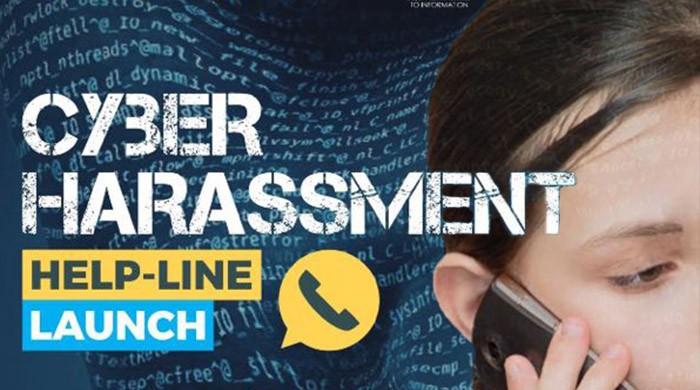Unveiling the Dark Reality: AI's Role in Online Harassment of Women in Pakistan
Dive into the intricate web of AI-driven harassment targeting women in Pakistan. Discover the challenges faced, alarming statistics, and actionable recommendations for combating this pervasive issue. #Women #OnlineHarassment #Cybercrime #Pakistan
In a digital age teeming with innovation and connectivity, a sinister shadow lurks within the virtual realm, preying on the vulnerable and perpetuating a cycle of fear and exploitation. Pakistan, like many nations, grapples with the insidious proliferation of online harassment, particularly targeting its women. As the digital landscape evolves, so too do the methods of torment, with Artificial Intelligence (AI) emerging as a potent weapon wielded by perpetrators. The Digital Rights Foundation's (DRF) recent report sheds light on this alarming trend, painting a bleak picture of the reality faced by countless women across the country.
The DRF Cyber Harassment Helpline Report for 2023 serves as a stark reminder of the pervasive nature of tech-facilitated gender-based violence (TFGBV). With 2,473 new complaints flooding the helpline, an average of 206 per month, the scale of the crisis becomes painfully evident. Women, comprising 58.5% of complainants, bear the brunt of this onslaught, navigating a treacherous digital landscape fraught with peril.
Executive Director Nighat Dad's somber reflections encapsulate the gravity of the situation, highlighting the alarming rise in instances of TFGBV and its ominous implications for offline safety. Amidst political upheaval and societal discord, the use of AI-driven content to amplify violence against women, particularly journalists, emerges as a distressing trend, underscoring the urgent need for intervention.
The age distribution of complainants paints a harrowing picture, with young women, aged 18 to 30, disproportionately targeted by online predators. Financial fraud, blackmail, and non-consensual use of information emerge as recurring nightmares, plaguing victims and shattering their sense of security.
Despite concerted efforts to seek redress, the response from social media platforms remains woefully inadequate. Meta's platforms, including Facebook, Instagram, and WhatsApp, bear witness to a staggering 55.6% share of complaints, yet their actions fall short of meaningful resolution. The prevalence of unresolved complaints underscores a systemic failure to safeguard the digital rights of users, leaving victims to fend for themselves in a hostile online environment.
As victims muster the courage to seek recourse, they encounter a labyrinth of bureaucratic hurdles, with the Federal Investigation Agency (FIA) serving as their last resort. However, logistical challenges and institutional inertia often thwart their quest for justice, compounding their trauma and perpetuating a culture of impunity.
Transgenders, activists, and women journalists emerge as the most vulnerable segments, navigating a treacherous landscape fraught with hate speech and threats. Their plight underscores the urgent need for tailored support mechanisms and gender-sensitive interventions to mitigate the pernicious effects of online harassment.
In light of these grim realities, the DRF report issues a clarion call for action, urging policymakers to collaborate with civil society organizations in promoting digital literacy, dismantling barriers to internet access, and enacting human rights-compliant legislation. Law enforcement agencies are implored to bolster resource allocation, enhance online complaint portals, and provide specialized training to adjudicate cybercrime cases effectively.
As Pakistan grapples with the scourge of online harassment, the imperative for collective action has never been clearer. It falls upon each of us to stand in solidarity with the victims, to amplify their voices, and to strive for a future where the digital realm is synonymous with safety, not strife.
Author Details: Syed Salman Mehdi LinkedIn: linkedin.com/in/multithinker Email: salmanmehdi128@gmail.com












Comments